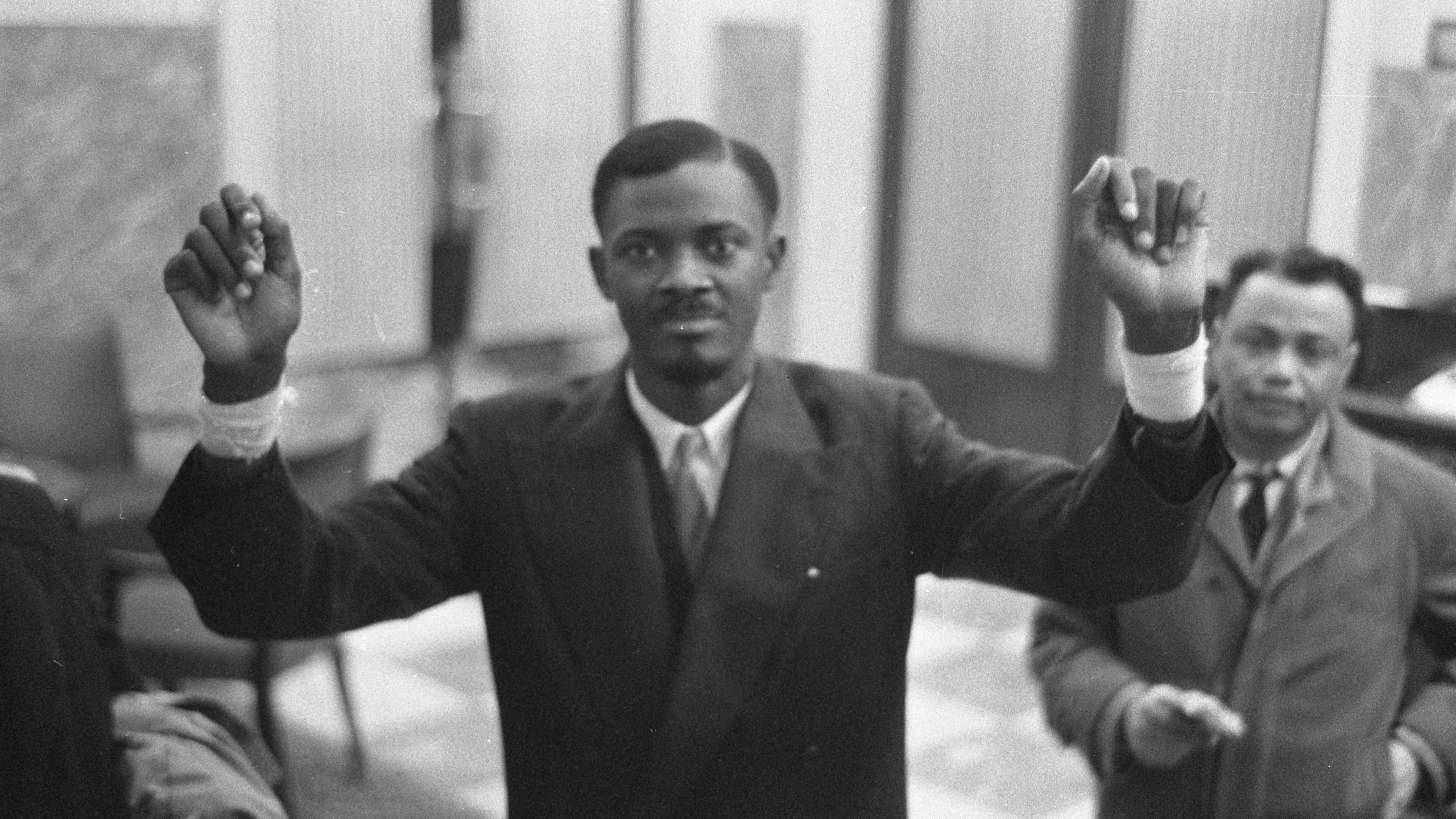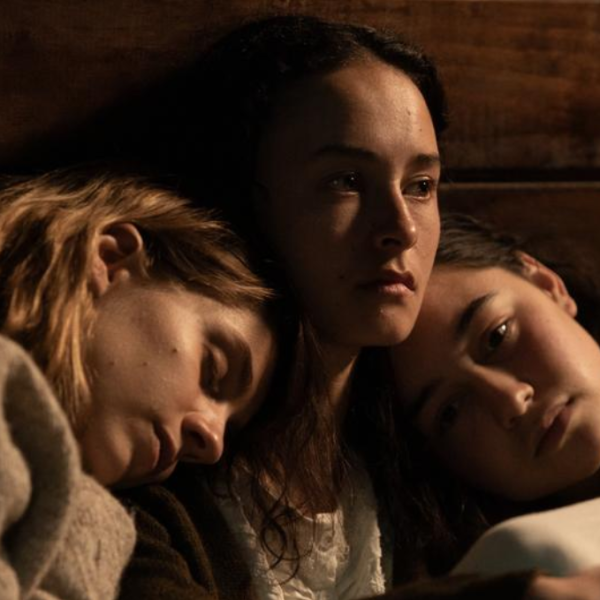History isn’t fixed. It has a rhythm and a flow that shifts according to who’s telling the story, who’s listening, and the medium via which that story is being told. True consensus is ever elusive, yet documentary filmmaker Johan Grimonprez has built a career on interrogating history in a bid to find truth amidst the chaos wrought by time and bias. And for his latest effort, the Belgian director makes use of that rhythm to dizzying effect.
Following his Hitchcockian “Double Take” (2009) and “Shadow World” (2017), an investigation into the multi-billion dollar international arms trade, Grimonprez has returned to Sundance with “Soundtrack to a Coup d’Etat,” a vibrant film essay that marries jazz and politics to unravel colonial machinations of power in the Congo circa 1960.
There’s a lot of ground to cover, but in 150 minutes, Grimonprez forges through huge swathes of time and space to chart how the Belgian monarchy, the U.S. government, and various corporations colluded to assassinate Congo’s premiere prime minister, Patrice Lumumba. As it turns out, they mostly did it with jazz.
Legendary African-American musicians like Dizzy Gillespie and Nina Simone were sent as decoys to deflect attention from America’s first African post-colonial coup, unbeknownst to the actual artists of course. As the film notes, “America’s secret weapon is a blue note in a minor key,” and in the same New York Times article, Louis Armstrong was quoted as “its most effective ambassador.” Yet music isn’t just a tool for subterfuge. Drummer Max Roach and singer Abbey Lincoln directly drew inspiration from the independence movement in Africa to later crash the Security Council in protest, and “Soundtrack to a Coup d’Etat” effectively does the same thing by using jazz to reframe the history books that Grimonprez and other Belgians grew up reading.
Cutting between home movies, official texts, historical footage, and Lumumba’s speeches (which were once thought lost forever prior to the making of this film), “Soundtrack to a Coup d’Etat” uses an endless rhythm of rumba and jazz to weave this all together. Without any omniscient narration to speak of, the music becomes a character in of itself, connecting all the various media and many different perspectives into one cohesive whole. Editor Rik Chaubet and sound designer Ranko Pauković seamlessly evoke joy and tension (and everything in between) through their combination of visuals and sound, which helps make the almost overwhelming amount of information that much easier to digest.
It’s important to note here that “Soundtrack to a Coup d’Etat” isn’t a history lesson in the traditional sense. Grimonprez’s doc has an impressionistic flair that asks audiences to actively participate in piecing everything together. If that sounds like hard work, it can be at points, especially given how the film doesn’t travel along an easy, linear path. But again, it’s the music that binds this all together with vibrant pacing that flows between different times and locations like the freewheeling jazz at the heart of these historical events.
Much of what’s covered is grim and even disheartening at points, yet there is hope still, even in the wake of Lumumba’s murder. Post-colonialism, key African and African-American voices were emboldened to resist and fight for what should have always been rightfully theirs. After a lot of buildup, this all led to a rousing protest in 1961 where Maya Angelou and other figureheads joined Max Roach and Abbey Lincoln to stage a protest against the United Nations. Quotes like “Bigoted sons of bitches” and “You Ku Klux Klan motherfuckers” pop out of the archive footage with bold lettering as Roach’s drums and Lincoln’s voice reach a crescendo of defiance. It’s a stirring rally that’s uniquely cinematic in the way so many elements come together so precisely and yet still feels so organic as well.
This isn’t to say that Grimonprez is naive in his reevaluation of history. After this inspiring sequence promises change, the film then cuts to modern-day footage shot in the Eastern Congo, 60 years later, where things remain much the same. Although relatively little time is spent in the present, the image of a father hurrying to shield his children from missiles blasting off nearby is a vital one that reminds us colonialism never really vanished entirely. It simply changed its appearance over time as international mining conglomerates and various superpowers continue to work even now to maintain this horrendous status quo.
The film doesn’t end there though, surprisingly enough, and that’s because history doesn’t take a linear path. Just like the jazz rhythms that course through this “Soundtrack,” the truth of past events and their impact on the here and now have no real end in a traditional sense. There’s always something new to uncover, a new perspective that changes everything, and while true objectivity will forever be unattainable, it’s fascinating to see Grimonprez search for this regardless, especially when it brings to light key voices of protest like Miriam Makeba, Madame Andree Blouin, and of course Lumumba, whose message is just as timely now as it was six decades prior.
Grade: B+
“Soundtrack to a Coup d’Etat” premiered at the 2024 Sundance Film Festival. It is currently seeking distribution.




